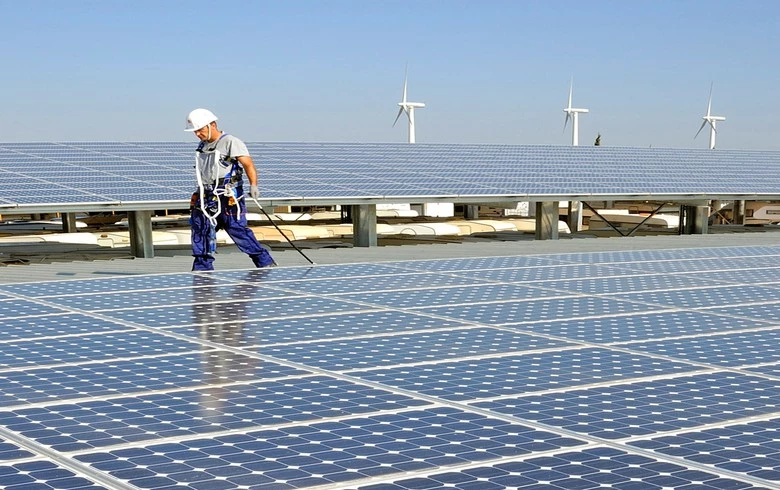Tunisia’s olive oil industry is going from strength to strength and the country’s economy depends heavily on the product’s export. Yet small, family-owned farms are struggling to modernise their operations and compete with global market players.
The Slama Group, helped by the EBRD’s European Union-funded Advice for Agribusiness programme, is overcoming both challenges.
The cultivation of olives in Tunisia began some three millennia ago. With year round sunshine and fertile soil, the country offers perfect conditions for the crop. Its oil is thought to have miraculous properties and is used not only for nutrition but also in cosmetics and medicine.
Perched on the hills of Kairouan lies the olive grove of the Slama family. The Slama Group, launched in 1930, is one of the biggest family-owned olive oil producers in Tunisia. Its know-how and the business have been passed from generation to generation.
the original founder’s three grandsons successfully continue the family tradition. Their oil is becoming a world-famous brand, exported to the EU, North America, China and Russia. Nearly 600 people work in the groves during the picking season.
Challenges of a family firm
The firm has diversified its business and the family label is now a guarantee of quality for other products as well.
Recently, the group, which employs 4,000 people in Tunisia, opened its own supermarket chain, Aziza, with over 165 stores across the country. But olive oil remains their signature product.
When the group started to expand and diversify production, the challenge was to create efficient governance which would cover all the businesses.
For almost two years, the company was assisted by international advisers from the EBRD’s EU-funded Advice for Agribusiness programme who helped the owners review and improve their corporate governance.
EU support for economic growth
“Supporting the productivity and competitiveness of companies such as the Slama Group, which employs hundreds of people in one of the poorest regions of Tunisia, allows us to fulfill both our development and economic support objectives”, explains S.E. Patrice Bergamini, Ambassador of the European Union to Tunisia.
TunisianMonitorOnline (The Financial)




